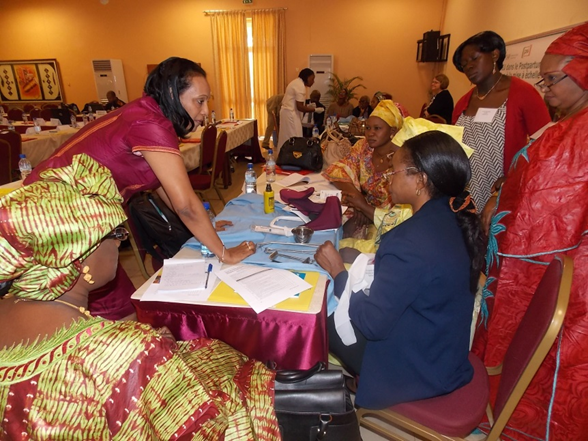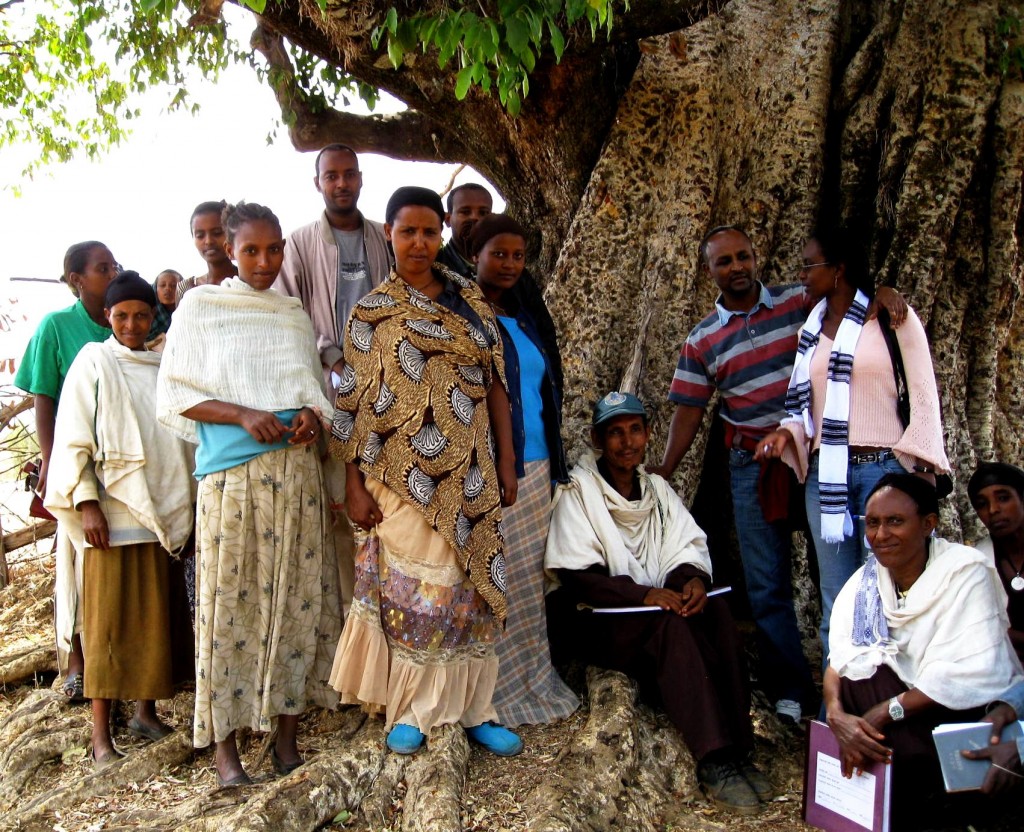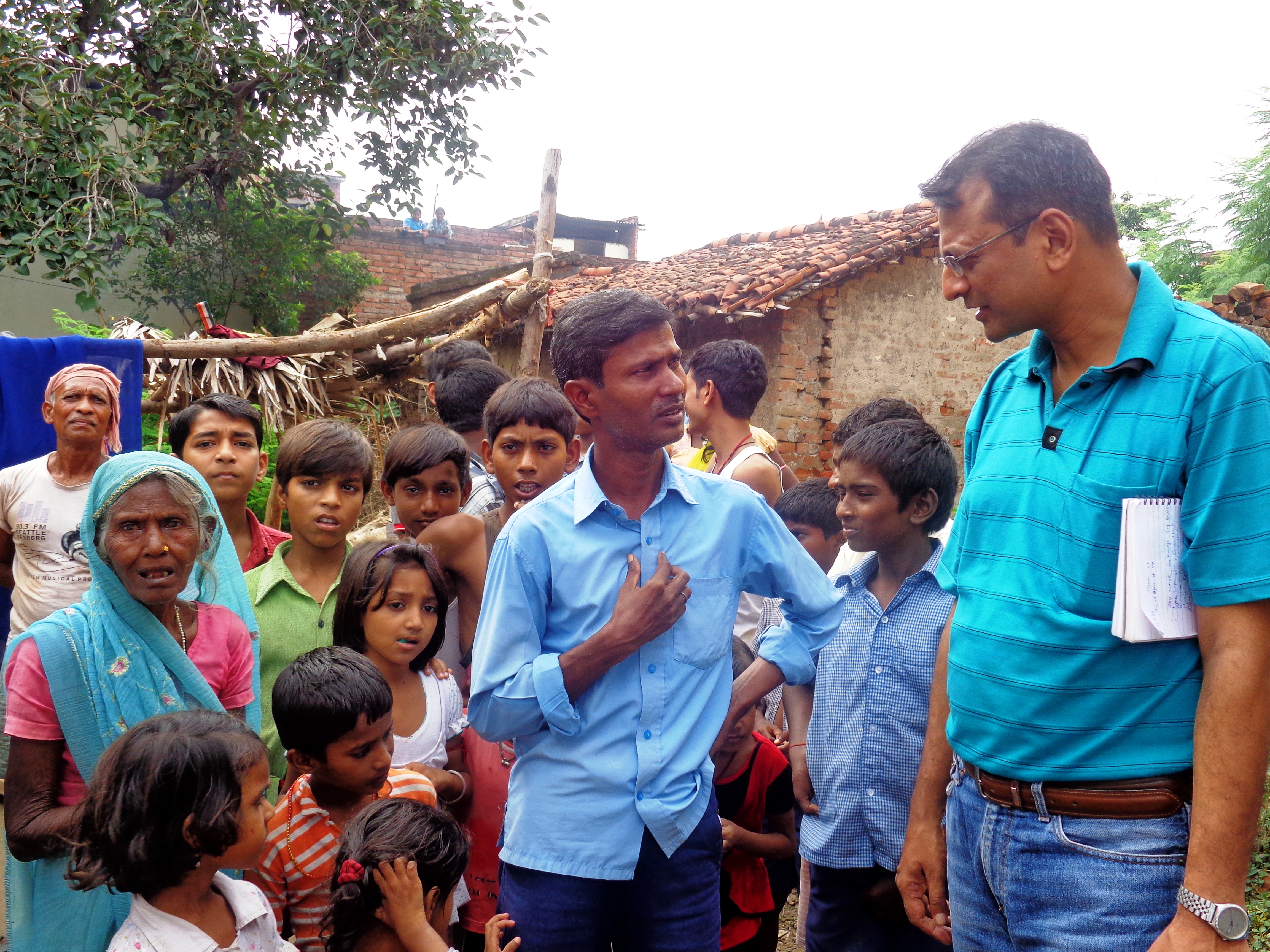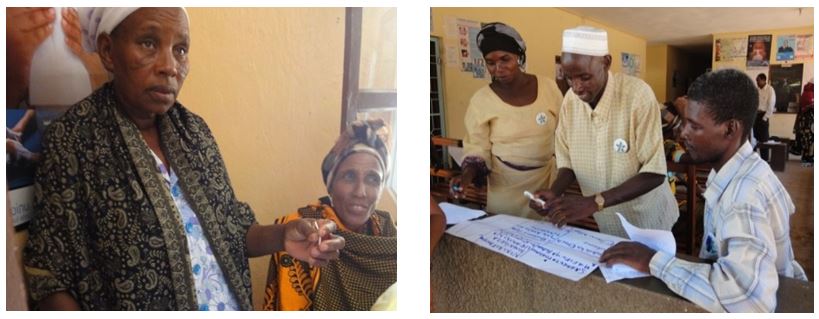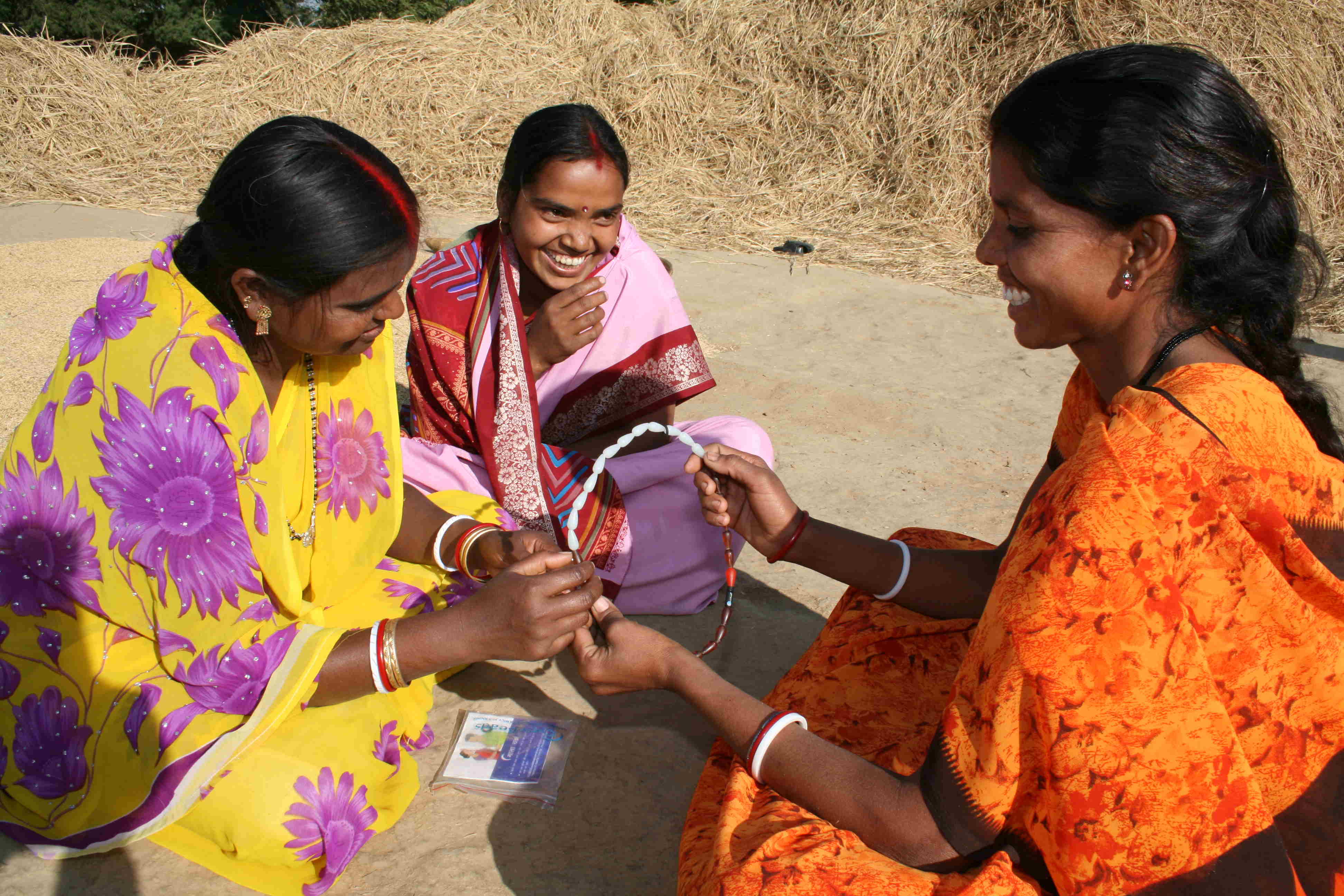Guest post by Mariela Rodriguez, Research Associate, Futures Group
Human rights. Contraceptive choice. Access. Information. Empowerment. What do all of these things mean? How do they relate to family planning (FP)? Since the 2012 London Summit on Family Planning and the movement it initiated, FP2020, the topic of human rights and empowerment in FP has risen on the international development agenda. We know that the Summit “underscored the importance of access to contraceptives as both a right and a transformational health and development priority.”[i] But what does this mean in practice? How can FP programs turn rhetoric about rights into a reality?
The recently published Voluntary Family Planning Programs that Respect, Protect and Fulfill Human Rights: a Conceptual Framework Users’ Guide is intended for use in conjunction with the Voluntary Family Planning Programs that Respect, Protect, and Fulfill Human Rights: A Conceptual Framework, published in 2013 by Futures Group and EngenderHealth with funding from the Bill and Melinda Gates Foundation.[ii] The User’s Guide is intended for use by a wide audience spanning policymakers, program managers, health providers, rights advocates, civil society organizations, donors, technical assistance agencies, implementing organizations, and researchers. The document contains three modules to orient stakeholders to the framework and to guide the processes for using it to assess, plan or strengthen, monitor, and evaluate FP programs through a human rights lens.




